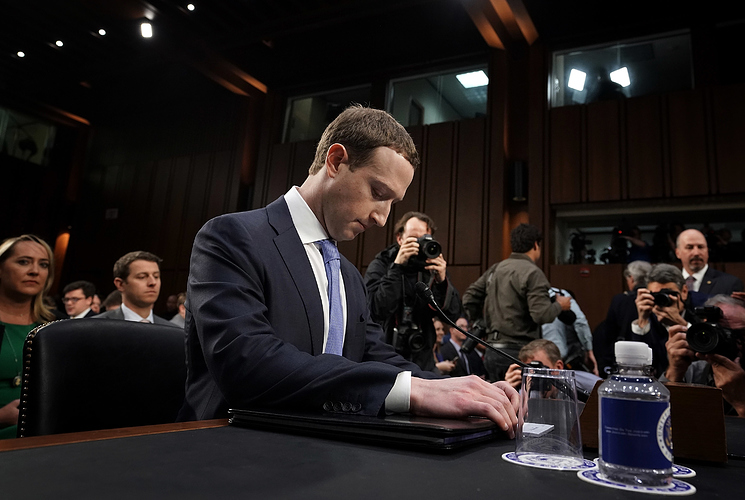At the Baffler website, Dave Denison interviews Siva Vaidhyanathan, a professor of media studies and author of the recently published book Antisocial Media: How Facebook Disconnects Us and Undermines Democracy. While Vaidhyanathan shares in the growing antipathy for Facebook as an irresponsible hoarder of deeply personal data, he doesn’t think we should abandon the platform en masse. Doing so, suggests Vaidhyanathan, deprives us of any stake in it. Instead, Vaidhyanathan argues that we should remain involved and organize to change the nature and purpose of Facebook, scaling it back from a grandiose forum for connecting the world, to a more intimate platform for sharing personal updates and pictures with friends and family. Here’s an excerpt from the interview:
Dave Denison: You wrote in March that any campaign to get people to “delete Facebook” is going to be ineffective. Why?
Siva Vaidhyanathan: Largely because Facebook is valuable to too many people. The campaign to delete Facebook was one of wealthy, connected Twitter-savvy North Americans. It’s absurd to imagine that people in the Philippines or in Brazil or in India were going to join this campaign. That renders it politically ineffective. But it also renders it counterproductive. By removing yourself from Facebook, you remove yourself from the concern. If you are active on Facebook and you watch how people relate to each other and how it affects you, you can be sensitive to the larger condition. And if you want to participate in a large movement to rein in Facebook, to regulate Facebook, or to break up Facebook, it’s necessary to understand Facebook.
DD: At the same time, I know plenty of people who feel a great sense of relief in just getting away from it. One person recently told me, with apparent satisfaction, “I’ve been Facebook-sober for almost a year now.”
SV: And you know what? I applaud that. I think if something is bad for you personally, by all means, get away from it. But Facebook brings value and satisfaction to more than two billion people. They’re not all fools. They’re not all dupes, although they often are addicted—or “habituated” is a better word, right? However, I take breaks from Facebook, as well. I take thirty-day, sixty-day breaks. To get steady, to pull back from the noise and the turmoil. Often to finish a writing project. But no one should pretend that those are political acts. And this is my larger point here. To be political is to be engaged, to have a stake. To remove yourself from having a stake is to be apolitical. Facebook demands political responses. And these—I hate to even use the word boycotts—these soft, individualistic removals, or recusals, are not boycotts. They’re not politically organized; they’re not intended to deny a powerful force something valuable in a systematic way, they don’t really put pressure on anybody who matters. They’re simply self-satisfying moves. They’re acts of moral indignation and not relevant political actions.
Image: Mark Zuckerberg testifying before the US Congress. Via CNN.
